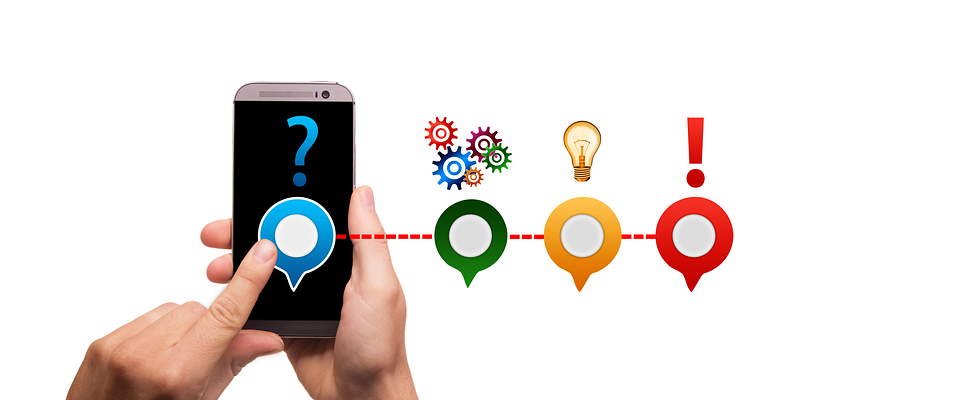Unveiling the Future: How AI is Revolutionizing Robots
artificial intelligence (AI) has been rapidly advancing in recent years, and its impact can be seen across various industries. One area where AI is making significant strides is in the field of robotics. Robots, once limited to performing repetitive tasks, are now becoming smarter and more autonomous, thanks to AI.
Gone are the days when robots were restricted to factory floors, assembling cars or packaging goods. With the integration of AI, robots are now capable of performing complex tasks that were once the domain of humans. From healthcare to agriculture, from manufacturing to space exploration, AI-powered robots are revolutionizing industries and changing the way we live and work.
One of the key factors driving this revolution is machine learning, a subset of AI. Machine learning enables robots to learn and improve their performance through experience, without being explicitly programmed. This means that robots can adapt to different situations, make decisions on their own, and even learn from their mistakes.
In the healthcare industry, AI-powered robots are assisting doctors and surgeons in performing delicate procedures with precision. Surgical robots equipped with AI can analyze data from medical images, provide real-time feedback, and assist surgeons in making accurate decisions. This not only improves the efficiency and accuracy of surgeries but also reduces the risk of human errors.
AI is also transforming the manufacturing industry. Collaborative robots, or cobots, are working alongside human workers, enhancing productivity and efficiency. These robots are equipped with sensors and cameras that allow them to interact with humans and perform tasks that require dexterity and precision. They can also be trained to perform complex assembly tasks and adapt to changes in the production line.
Another area where AI is revolutionizing robots is agriculture. Farmers are now using AI-powered robots to monitor crop health, detect diseases, and optimize irrigation. These robots are equipped with sensors and cameras that collect data about soil conditions, plant health, and weather patterns. By analyzing this data, AI algorithms can provide insights and recommendations to farmers, helping them make informed decisions and maximize crop yield.
Space exploration is another field where AI is playing a vital role in revolutionizing robots. AI-powered rovers, like NASA’s Curiosity, are exploring distant planets and collecting valuable data. These rovers can navigate autonomously, analyze samples, and transmit information back to scientists on Earth. By using AI, researchers can extract meaningful insights from the vast amount of data collected by these robots, advancing our understanding of the universe.
However, the integration of AI into robots is not without challenges. Ethical considerations, such as ensuring the safety of humans working alongside robots and addressing potential job displacement, need to be carefully addressed. Additionally, there is a need for robust cybersecurity measures to protect AI-powered robots from hacking and malicious intent.
As AI continues to advance, the future of robots looks promising. From healthcare to agriculture, from manufacturing to space exploration, AI-powered robots are transforming industries and pushing boundaries. With the ability to learn, adapt, and make decisions, robots are becoming more autonomous, efficient, and capable of performing complex tasks. As we unveil the future, AI is undoubtedly revolutionizing robots and shaping a new era of technological advancements.

